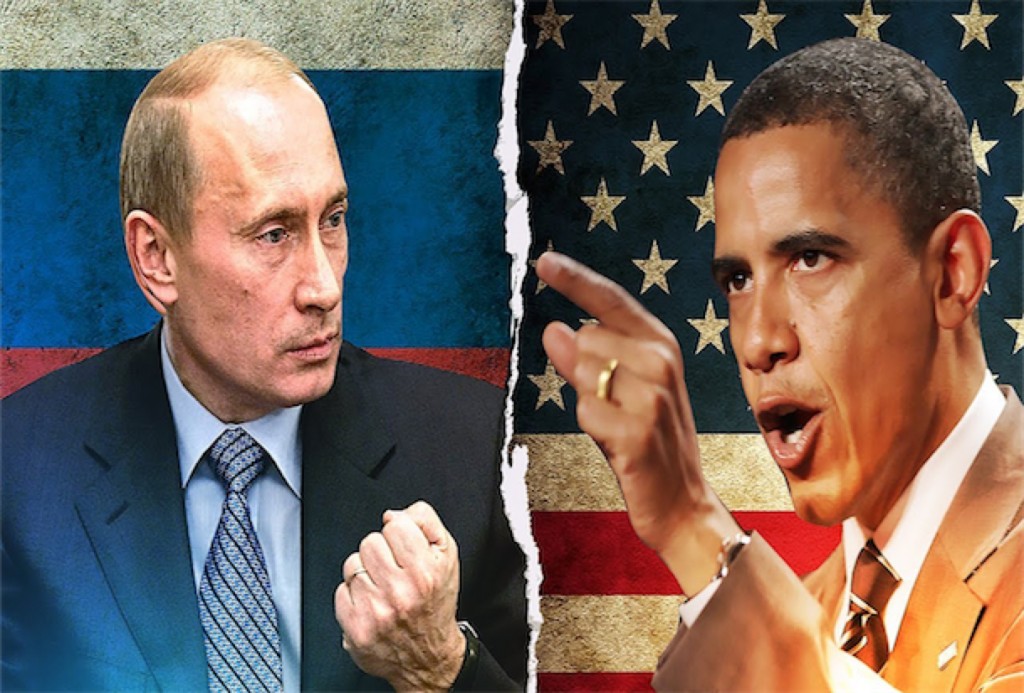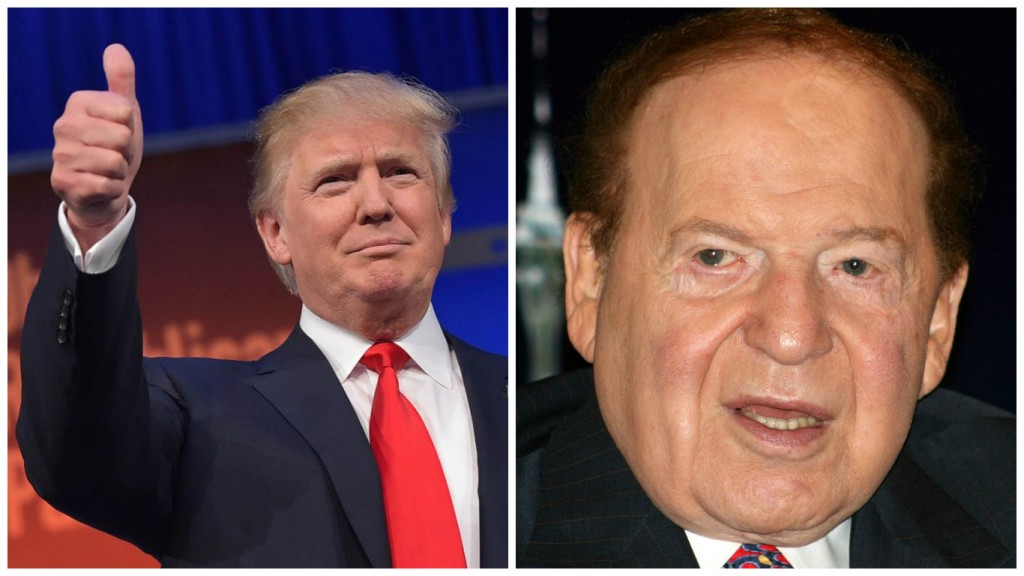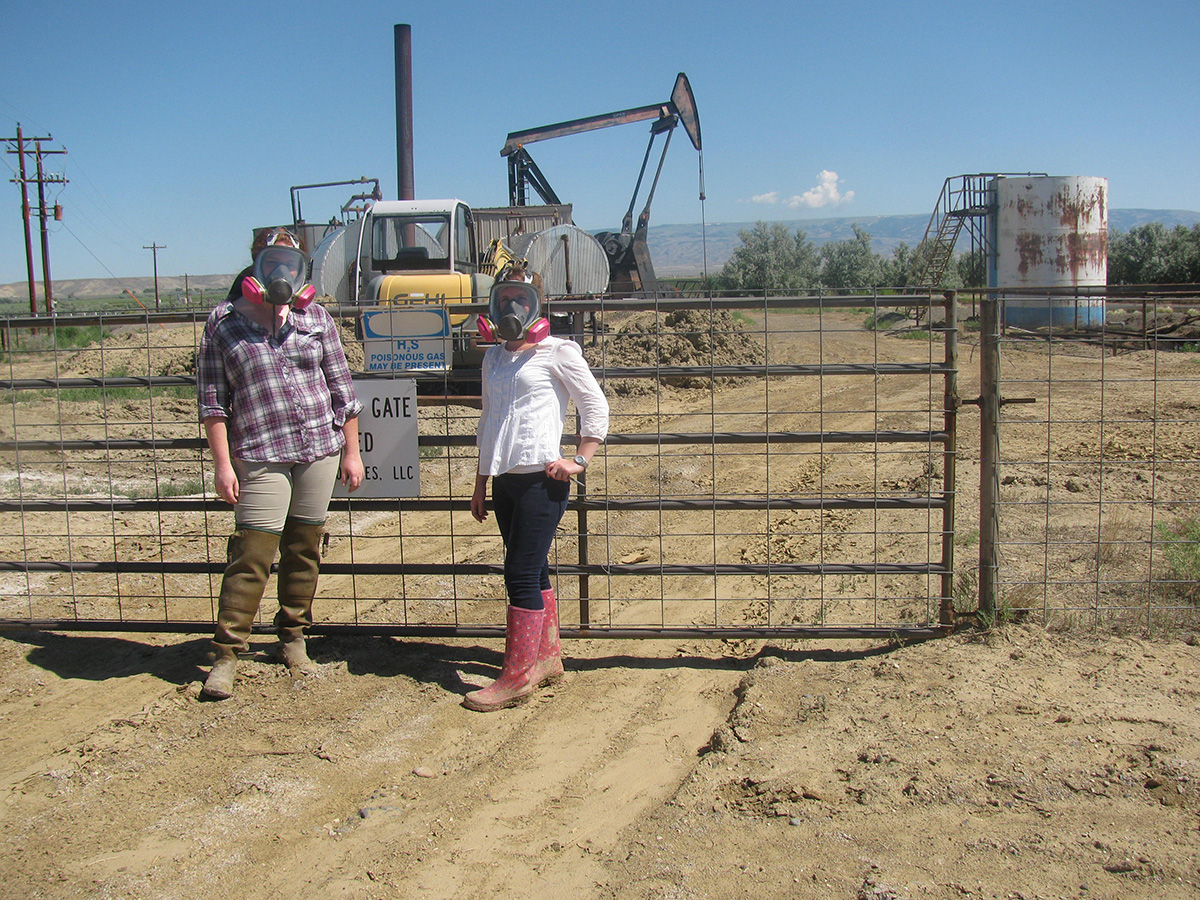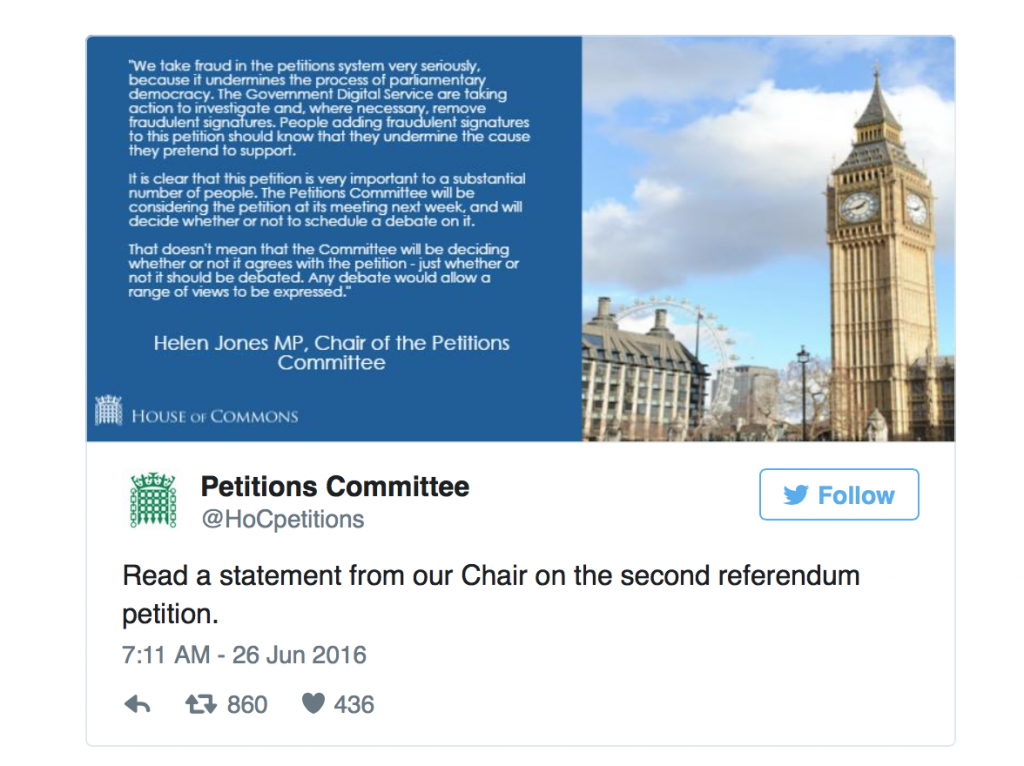23rd of June 2016, the people of Britain made a momentous decision. After 40 years as part of the European Union they voted to turn their backs on it. This decision has immense consequences for the future of Britain, Europe and the world.
The referendum result was a crushing vote of no confidence in the Establishment. It caused shock waves in the markets which last night were confident of the victory of a vote to remain. The Leave side won by a margin of 52 % to 48%: more than 1.2 million votes more than Remain, with the English shires and Wales voting strongly in favour of Brexit. But Scotland voted massively against. Voter turnout was very high: in Scotland 67%, in Wales 72% and in England 73%.
Once again the opinion polls were shown to be wrong. Up until the last minute they were predicting a narrow win for Remain. But the pollsters got the result badly wrong, as they had done in last year’s general election. The reason for this failure is that the pollsters failed to understand the deep mood of discontent that exists in society.
The ruling class and its political representatives were in a state of shock. They have no understanding of the realities of life for the majority of people in Britain. The same lack of understanding was shown by the irrational behaviour of the stock markets on the eve of the poll. In the 48 hours before the referendum the stock markets were booming and the pound soared to its highest level for months, at one point reaching almost 1.5 to the dollar.
News of the referendum result immediately provoked sharp falls on the stock markets of the world and the pound slumped to its lowest level since 1985. These are early warning signals of the recession which will soon hit the British economy, the shock waves from which will rapidly spread throughout Europe and the rest of the world. The political fallout of this shock result was felt immediately. David Cameron, badly weakened politically, announced he will step down as prime minister by October.
The Blairite right-wingers who rule the roost in the Parliamentary Labour Party were equally taken aback by the referendum result. These Tories in disguise were enthusiastic in their support for the Europe of the bankers and capitalists, and were surprised when a significant section of the working class, including many traditional Labour voters, gave them a kick in the teeth.
Why?
The people who voted ‘Leave’ did so for many different reasons. Some progressive and some reactionary. The anger of former industrial and mining communities in the North that have been condemned to years of economic decline, loss of employment, poverty and marginalisation, was evident. Such communities feel alienated from a remote political class that rules them from Westminster, and even more alienated from a remote bureaucracy in Brussels that has done nothing for them.
When the Remain camp talked of being more prosperous inside the EU, large layers of working class people merely shrugged their shoulders. They have seen the rich people getting ever richer while they and their families become ever poorer. The benefits of the European Union – the rich man’s club – are for the few, not the many. This has led to a growing sense of injustice that created a feeling of anger and indignation against the Establishment, the result of which was manifested in yesterday’s vote.
The result reveals the existence of a seething mood of discontent in society. It also shows to what extent the political class is out of touch with the feelings of ordinary people. This is an international phenomenon. It was shown by the Scottish referendum on independence in 2014, the Spanish general election in December 2015, the rise of Syriza in Greece and Podemos in Spain, the huge support for Sanders in the Democratic Party primaries and, in a distorted way, even the rise of Donald Trump in the USA.
The argument of the Remain camp to the effect that membership of the EU meant prosperity and higher living standards for all had a hollow ring for many people in Britain living on low wages. For these people the EU promise of prosperity was a complete fraud and deception.
To people on the receiving end of the crisis of capitalism, the message of the Remain campaign sounded like the complacency of well-heeled middle class professional politicians in London. It was like a voice from people living on a different planet speaking a language that was incomprehensible to ordinary people. The fact that Labour MPs – overwhelmingly middle-class Blairite right-wingers – found this shocking shows how little they understand about the real situation in Britain. And these people consider themselves to be great realists!
On the other hand, the right-wing leaders in Britain are naturally euphoric. The referendum campaign has already had the effect of pushing the centre of gravity of British politics to the right – at least temporarily. Even though they have not gained their immediate objective, the Thatcherite right wing will continue to press for their reactionary policies inside the Tory leadership.
UKIP’s Nigel Farage, who last night thought that they had lost, said: “Dare to dream that the dawn is breaking on an independent United Kingdom.” Farage’s dream will soon turn out to be a nightmare for the British people. No sooner had he spoken than dark clouds began to gather around UKIP’s rising Sun.
Crisis in the Tory Party
“He who the gods wish to destroy they first make him mad.” This would be a very adequate epitaph for David Cameron and the leaders of the British Conservative party. Decades of inglorious decline have reduced Britain to a second rate power off the coast of Europe. This unpalatable truth has never been accepted by the right wing of the Conservative Party who dream about the restoration of Britain to its former greatness. Boris Johnson’s proud boast that 23 June 2016 would be “Britain’s Independence Day” shows just how far they are removed from reality. Now reality is about to teach them a very harsh lesson.
The British ruling class and its political representatives today bear no relation to the farsighted masters of the globe of whom Trotsky wrote in the past. They are ignorant, stupid and short-sighted. In that respect they are faithful mirrors of the bankers and capitalists who can see no further than the end of their own noses and are addicted to speculation, short termism and parasitism. These, and not Brussels, are the people who really rule Britain today and will continue to do so tomorrow.
The leader of the Conservative party Mr Cameron has many features of the class he represents. Like his friends the City traders, he seems to be addicted to gambling. But whereas they speculate in shares and equities, the Tory party leader gambles with the destinies of whole nations. He took a very reckless gamble with the Scottish referendum and narrowly won. Now he has taken an even greater gamble on Britain’s membership of the European Union and he has lost. The consequences for Britain and the Tory party will be incalculable.
The first victim is Cameron himself. Like the noble Romans of old he has fallen on his sword in expiation of his sins. The humiliated Tory Leader gave a statement in Downing Street at 8.15am, by which time the FTSE100 had opened with a 500 point plunge – the biggest on record. In his farewell speech he said: “I will do everything I can as prime minister to steady the ship over the coming weeks and months. But I do not think it would be right for me to try to be the captain that steers our country to its next destination.”
The rifts in the Tory party
The leaders of the Brexit camp are reactionaries of the worst kind. At best, they represent the traditional right-wing Tory Little Englander tendency that has always been present. It represents the views and prejudices of the Tory rank and file: the shopkeepers, retired colonels, estate agents and other reactionary riffraff that in the past was kept firmly under control by the ruling clique of aristocratic Tory grandees. This rabid chauvinistic rabble was let off the leash by Margaret Thatcher who herself came from this very layer.
Just as the right-wing leadership of the Parliamentary Labour Party is out of touch with its working class base, so the leaders of the Conservative party in parliament – respectable and well-heeled old Etonians like Cameron and Osborne – are out of touch with the Tory rank and file who come from a different class and have a different psychology.
The Tory leaders represent the big banks and monopolies and the City of London and look down with condescending contempt at the right-wing fanatics in the constituency parties. This is a fault line that was skilfully exploited by the likes of Michael Gove and Boris Johnson. People like Gove, the convinced right-wing Thatcherites and Eurosceptics, are a more faithful reflection of the opinions of the rank and file and fervently uphold their right-wing principles.
Johnson and Gove had repeatedly denied they have ambitions to replace Cameron as Prime Minister, but nobody believes them. After an intensely bitter and personalised campaign, the divisions will remain and become intensified. At a certain point, an open split in the Party will become a distinct possibility.
From the very beginning the referendum campaign was characterised by the sharpness of its tone. Virulent personal attacks became the norm, with Tory leaders hurling insults and publicly accusing each other of lying. These mutual attacks opened up deep wounds in the Tory Party that will not easily be healed.
The Conservative party is now clearly divided into two sharply opposed camps. On the one hand, there are the so-called “progressive” Tories represented by Cameron and Osborne. Ranged against them, and with strong support in the ranks of the Tory activists, are the right-wing Thatcherite free marketeers of the likes of Michael Gove and Iain Duncan Smith, aided by former Mayor of London Boris Johnson. The last named is now favourite for future Tory Party Leader.
Boris Johnson
An extrovert, publicity seeking egotist and Old Etonian, Boris Johnson is a man with big ambitions. It is an open secret that he has been preening himself to step into the shoes of the present Prime Minister David Cameron. Having stood down from the position of Mayor of London, he manoeuvred himself into a leading position in the Brexit campaign, which he clearly saw as a stepping stone to number 10 Downing Street.
Johnson’s complete lack of principle was shown in an article by Michael Cockerell in The Guardian, on Wednesday 22nd June where we read the following:
Johnson drove to his Oxfordshire bolthole [in February] to make up his mind. He was due to deliver his well-rewarded column for the Daily Telegraph. He wrote two articles – one putting the case for the status quo, the other for Brexit. I was told by someone who saw both drafts that the case for staying in was the more powerful and persuasive.
When I put this to Johnson on the campaign trail, he huffed and puffed. ‘I don’t know your source, but it is true that I did write two articles,’ he said. ‘And the second one said that, irrespective of my objections to the way that the EU was going, in order to support my party and the prime minister it would be better to stay in. And I thought in the end that wasn’t a good enough reason’.
Boris Johnson only knows one principle, and that is the career of Boris Johnson. He climbed on the Eurosceptic bandwagon as a means of ingratiating himself with the Tory rank and file and the Eurosceptic wing of the parliamentary party. This tactic seems to have worked rather well. Hours before the result was announced, prominent Tory leaders of the Out campaign signed a letter to David Cameron asking him to stay on as prime minister. This was a calculated tactic, designed to present themselves in a favourable light as loyal supporters of the Party Leader. It resembles the loyalty that was shown to Julius Caesar by his friend Brutus shortly before he stuck his knife in.
Johnson has already achieved his objective in this campaign, currying favour with the right wing of the Tory party and placing himself in a good position to take over from David Cameron when the latter finally resigns his position as party leader in October. From that point of view, a small gesture of pretended loyalty cost him nothing and will gain him further points in the leadership of the Tory party.
Nigel Farage
On the extreme right wing of the Brexit tendency stands Nigel Farage, the Ukip leader who for years has attempted to push his xenophobic, anti-Europe and anti-immigration line. Until recently he was held at arm’s length by all respectable politicians. But the EU referendum campaign has placed him centre stage in British politics. This has serious implications for the future.
Just over one week before the referendum Farage proudly unveiled a huge poster depicting vast numbers of immigrants and asylum seekers – all of them with brown and black faces – with the slogan “breaking point”. This barely concealed racist demagogy was a crude attempt to distract workers from the real causes behind unemployment and the housing crisis. You have no jobs? Blame the immigrants! You have no houses? Blame the immigrants! The health service is in crisis? Blame the immigrants!
Here we have the entire content of the Brexit campaign. All other factors – sovereignty, democracy, an end to interference by Brussels – were entirely incidental to this main reactionary message. When asked about this poster, Michael Gove said: “when I saw that I shuddered.”
But as a TV interviewer pointed out to him, a shudder is a purely personal reaction that was not translated into action in the form of a public condemnation. This little incident adequately expresses the relation between people like Gove and Farage.
There is nothing new about the veiled racist message peddled by Ukip, of course. But there is something new about the way in which this poison, which was hitherto regarded as unacceptable by the mainstream political parties, has now become acceptable. A poisonous atmosphere has been introduced into British politics.
The mechanism whereby anti-immigration, xenophobic and implicitly racist views have become acceptable is as follows. Nigel Farage puts forward these views in a more or less open manner, which comes close to racism, albeit in a rather more subtle and disguised manner than the British National party and other openly fascist groups. Johnson and Gove cannot openly support Farage and his openly xenophobic views, but have gradually sidled over to him, repeating his message in a sly and underhand manner, while publicly protesting against his “excesses”.
In an interview on Channel 4 News Farage was asked what he thought of the fact that Tory MPs like Michael Gove and Boris Johnson, who previously regarded him with contempt, were now repeating his anti-immigration message, the Ukip leader replied that it made him very happy. When he was further questioned about rumours that Boris Johnson would be prepared to offer him a position in a future government, Farage protested that he knew nothing of any such proposal. But it is clear that such proposals are being discussed behind the scenes.
What now?
The victory of Brexit ought to trigger withdrawal from the EU by invoking Article 50 of the Lisbon Treaty (The Treaty of Lisbon introduced an exit clause for members who wish to withdraw from the Union, under Treaty on European Union Article 50). But these are unchartered waters. Such a thing has never happened before, and indeed was never intended to happen. The process of separation will be long and complicated, commencing with a minimum two-year negotiation period on the terms of the “divorce”. But as is generally known, divorce tends to be a highly controversial, bad tempered and bitter experience.
Ironically, pro-Leave campaigners say this does not need to happen immediately. They would prefer to have the UK out of the bloc by the general election slated for May 2020. However, these decisions are not entirely in their hands. In general, the anti-EU camp has had an excessively optimistic view of how things would proceed if Britain voted to leave. Now we will see the harsh reality of Britain’s position vis-a-vis Europe.
The reaction of other European leaders to Britain’s decision to jump ship will be one of shock, anger and resentment. The idea that Britain could establish friendly and cooperative relations with the EU once it had left is sheer utopianism. The plain fact is that Angela Merkel and the other European leaders cannot afford to do any favours to Britain, even if they wanted to, which they certainly do not.
Already there are growing reports of a general increase of Eurosceptical feeling throughout the continent. According to the opinion polls, anti-EU feeling is running higher in France than in Britain. Marien Le Pen is demanding a referendum. Other Eurosceptic parties will follow suit. This could lead ultimately to the breakup of the EU.
Therefore, if Brussels were to give Britain an easy ride, it would encourage others to follow their example. That is out of the question. The British ruling class will soon find that it is out in the cold. And it is the working class and the poor who will feel the draught more than anyone else.
The predictions of the Remain camp of a severe economic crisis are based on fact. A crisis in Britain is now being prepared that will hit the working class hard.
On the other hand, the promises of Johnson and the others that by leaving the EU the country could “take back control” will soon be seen to be without foundation. The negotiations would determine whether or not the UK remains part of the single market without being in the Union, as Norway currently does. However, this would mean the UK would still have to accept free movement of labour.
Other options include a Canadian-style free trade deal, a Swiss-style bilateral agreement, or reverting to the basic terms of commerce offered by membership of the World Trade Organisation. But all these options would require lengthy and complicated negotiations, which will be accompanied by increasing unemployment and falling living standards.
The pro-Brexit side has already signalled that they expect a short-term financial crisis. Boris Johnson tries to allay people’s fears by saying that the pound “naturally fluctuates”. However, the present fluctuation is clearly on a downward slide. And the billionaire currency speculator George Soros is warning that the impact will be bigger than 1992 crash.
These warnings are already coming true. The FTSE 100 crashed nearly 500 points within minutes of opening this morning. The drop immediately wiped around £124 billion off the value of the UK’s 100 largest listed companies. If it closes the day down that much, it could be the biggest one day drop in the index’s history. This is a warning of things to come.
The British economy will shrink. Business investment will fall, as will house prices and the pound. That will mean imported goods become more expensive, leading to a rise in prices. In other words, the working class of Britain have been deceived by the advocates of Brexit, just as they would have been deceived by the supporters of Remain. In either case the ruling class would make them pay for the crisis of their system.
Repercussions for Scotland
The result of this referendum has enormous implications for the future of Scotland. It deepens the fault line separating Scotland from the rest of the United Kingdom. Scotland has voted in favour of the UK staying in the EU by 62% to 38% – with all 32 council areas backing Remain.The Scotland Stronger In Europe campaign said the scale of the Remain majority in Scotland was “exceptional”.
But this result will raise a lot more questions than it answers in Scotland. The problem is that the UK as a whole has voted to Leave – raising the prospect of Scotland being taken out of the EU against its will. The Scottish government’s external affairs secretary, Fiona Hyslop, said “all options were being looked at” in order to “protect Scotland’s interests” and warned there would be “consequences” if the UK made a decision against the will of the Scottish people.
First Minister Nicola Sturgeon said Scotland had delivered a “strong, unequivocal vote” to remain in the EU. Ms Sturgeon said the vote had made clear “that the people of Scotland see their future as part of the European Union”. She indicated that this result would place on the agenda a new referendum on Scottish independence. Her predecessor as first minister, Alex Salmond, was even more emphatic, saying he believed there should now be a second independence referendum.
Mr Salmond told the BBC: “It means that Nicola Sturgeon has to go forward with the manifesto, which as you remember said the Scottish Parliament should have the right to call a second referendum on Scottish independence if there was a material and significant change in the circumstances, like Scotland being dragged out of the European Union against the will of the Scottish people. Now that has happened and I’m certain that Nicola will go forward on that manifesto commitment”.
Thus, Cameron’s reckless gamble has once again placed in jeopardy the United Kingdom, which may well end up with Great Britain being transformed into Little England.
Reactionary implications
The victory of Brexit does not mean a strengthening of the revolutionary or left-wing tendency as some deluded people imagine, but on the contrary, a victory for the forces of reaction – albeit a temporary one – not only in Britain but also throughout Europe. Those who are celebrating such a development are Marine Le Pen, Alternative fur Deutschland and other reactionary chauvinist and anti-immigration outfits. Marine Le Pen the leader of the National front party has demanded a referendum in France, as have right-wing leaders in Holland and other countries.
In an attempt to answer the argument that Brexit would spell economic disaster, the other side stepped up the anti-immigration propaganda. The mood became uglier and more poisonous by the day. There can be no doubt whatsoever that this played a role in the brutal murder of Jo Cox.
The anti-immigration demagogy of Nigel Farage contains an implicitly racist and xenophobic message. Despite his anti-immigration views, however, Farage himself is not a fascist, but he is undoubtedly a pacemaker for fascism in the future. While it would be entirely incorrect to exaggerate the strength and significance of the fascist organisations in Britain, which at the present are reduced to miniscule, although virulent, sects on the margins of politics, the barely concealed racist tone of the anti-immigration lobby undoubtedly creates favourable conditions for the growth of such tendencies.
Consequences for Labour
As one could have predicted, the Leave vote is being utilised by the Blairites in the Labour Party to stir up a new campaign against Labour leader Jeremy Corbyn. These Blairite MPs claim that Corbyn’s efforts to keep Britain in the EU were “insufficiently enthusiastic”. Poor Jeremy! If they could blame him for the weather they would do so. The right-wing Blairites are determined to get rid of him no matter what he does.
Defending himself against the oft-repeated accusation that his campaign for remaining in the EU had been what many saw as “half hearted”, he said: “There were many people who were not particularly happy with the EU. The point I was making was there were good things that had come from Europe – working conditions and environmental protections – but there were other issues that were not being addressed properly – particularly economic inequalities in Britain…Therefore I said that my project was that we should vote to remain to change and reform the European Union.”
Unlike the party leader, the right-wing Blairites in the parliamentary Labour Party were extremely enthusiastic about the capitalist European Union. In this they were completely united with Cameron, Osborne and the City of London. But they were and are completely and utterly out of touch with Labour voters.
These well-heeled middle class carpetbaggers do not understand the mood of resentment, distrust, even hatred that is felt by ordinary working class people against the political establishment in Westminster – the right-wing Labour gang included. The fact is that most working class people now see no real difference between the Blairite MPs and the Tories. The referendum campaign has served to confirm them in this belief – which of course is well founded.
The Blairites are politically indistinguishable from the Cameron wing of the Conservative party. They come from the same social class, enjoy the same privileged lifestyle, are members of the same clubs and have exactly the same class psychology. During the referendum campaign they happily campaigned shoulder to shoulder with Cameron and Osborne, politicians that are hated by the working class for their vicious policy of cuts and austerity – a policy which in most respects is accepted by Labour’s right wing.
The pro-Corbyn rank and file movement Momentum issued the following statement this morning:
We recognise that people voted ‘Leave’ for many reasons. Much of this vote reflected anger in communities which have experienced many years of industrial decline with the subsequent loss of secure employment. Many such working class communities have been utterly neglected for years by those in power. Millions appear to have chosen ‘Leave’ to vote against the unfettered globalisation that has seen living standards stagnate or fall, as the cost of living rises. We share this scepticism of big business dominance, austerity and distant elites, be they British, European or Global, and share that demand for a country where working people have control.
Many ‘Leave’ voters usually vote for Labour or are working people Labour should represent. Now the Party and the whole labour movement needs to show the country that it alone can offer working people genuine control over their lives, workplaces and communities.
Labour must clearly demonstrate how it will improve lives through policies that will increase wages, tackle the housing crisis, and give people a greater say at work and in their communities.
If we do not, we will not only be failing to advance the policies that will benefit working people but also could enable the populist right, who blame immigrants, not the powerful for the problems in our country. Part of the Leave campaign empowered these racist, reactionary forces, who peddle hatred and offer false hope. We must redouble our efforts to stop migrant scapegoating, focus our attention on the needs and desires of the overwhelming majority, and offer a real programme of hope for our people.
Although we will leave the EU, our movement remains an internationalist one. We must continue to work with our friends, partners and allies across Europe in the shared struggle against austerity, to tackle climate change and to build a sustainable economy with full employment for all the peoples of Europe.
Many of these sentiments we can agree with. But it is high time that Momentum realised that the right wing of the parliamentary Labour Party has declared war on Jeremy Corbyn and will never rest until he is removed. The crisis of the Tory party, which has now deepened as a result of the referendum, poses the question of the general election in the near future. The right wing will now intensify its vicious campaign to remove Jeremy Corbyn before that occurs.
A period of political instability in Britain is now inevitable. Already there are calls for a new general election so that MPs from both sides can put forward their plans for what to do next. Conservative backbencher Jacob Rees-Mogg said a general election in the autumn was “not impossible”. Others have suggested new elections in March or June 2017 is more likely.
Ever since Corbyn was elected leader of the Labour Party there has been a furious campaign in the media, fully backed by the Blairite faction of the parliamentary Labour Party, claiming that Jeremy Corbyn is “unelectable”. The real problem for the ruling class, however, is precisely the opposite. The Tory government is deeply unpopular and split from top to bottom. Yesterday’s vote was really a referendum, not on the EU, but on the Cameron government. The result is plain for all to see.
In the short term the likes of Johnson and Gove will most likely take over the leadership of the Tory party and form a new Conservative government. They will then go on the offensive against the working class. Instead of less austerity we will have more. Many people see the vote to Leave as an end to austerity, but they will get a shock and will feel betrayed. This will in turn provoke a worker backlash and eventually put class struggle back on the agenda in a big way.
If a general election takes place under these conditions, it is likely that Labour could win. This is a prospect that is viewed with horror by the ruling class. They will do everything in their power to prevent it. Using their stooges in the parliamentary Labour Party, they will move heaven and earth to get rid of Corbyn before any such election. If they fail, it is possible that the Blairites will organise a split in the party and move to link up with the Cameron wing of the Tories. On the other hand, it is not at all clear that the Conservative party itself will remain united.
Jeremy Corbyn says he will not resign over the defeat of the Remain campaign for which he does not bear the slightest responsibility. The blame for this should be placed firmly at the door of Labour’s right wing, which has lost all credibility in the eyes of working class people. We saw that in Scotland, where the right wing lead the Labour Party to destruction, and now we see it again south of the border.
It is about time that Momentum made up its mind where it is going. It is necessary to pick up the gauntlet that has been thrown down by the Labour right wing and throw it back in their face. Let Momentum begin by campaigning for the deselection of those Labour MPs who consistently oppose, denigrate and attack the Party Leader, discrediting and dividing the Labour Party and aiding and abetting the Tories. That is the only way in which Labour can succeed in renovating itself and presenting a credible left-wing alternative to the discredited and reactionary Tory government.
What is not to be done
There’s an old saying: “A man who rides on the back of a tiger will find it difficult when he has to get off.”
During the referendum campaign we saw the development of a United Front. The dominant voice in this front was the voice of open, shameless reaction. The blatantly racist message of Nigel Farage received a respectable cover from Gove and Johnson, who in turn received support from certain Labour politicians who reflected the most reactionary and retrograde trends, tinged with nationalism, that are part of the negative heritage left behind by moribund Stalinism.
To these tendencies one must add a number of left groups, some of them calling themselves Marxists, who attempted to justify their support for Brexit with all sorts of peculiar arguments and intellectual juggling. To these we are entitled to ask a simple question and receive a simple answer: in what way did support for the Brexit campaign raise the level of class consciousness of the British workers? We would be very interested to hear the answer. We do not believe for a moment that a positive one is possible.
Some have tried to answer that the Brexit campaign was aimed at the establishment in general and the Cameron government in particular. There is just a grain of truth in this argument, which nevertheless is a striking example of sophistry that takes a small particle of truth and ignores the mass of information that completely contradicts it.
It is true that the Cameron government is hated by the working class which desires with all its heart to strike back at it, to weaken it and to overthrow it. That is a progressive instinct which we support wholeheartedly. However, it is not sufficient to pose the question of overthrowing the Cameron government. It is above all a question of what will replace it. At this point the falsity and hollowness of the arguments of the so-called left advocates of Brexit are glaringly exposed.
If Gove or Johnson take over the leadership of the Conservative Party, they would immediately intensify the vicious policy of cuts and austerity that was launched by Cameron and Osborne. They have already hinted at the fact that austerity must continue, backtracking on the promises they made during the referendum campaign. These are the advocates of free market economics in the Thatcher style. They would step up the campaign for privatisation of national assets, push forward the programme of privatisation of the national health service and make further inroads on the rights of the working class.
After the murder of Jo Cox, some of these left supporters of Brexit hastened to protest that they disassociated themselves from racism and xenophobia, advocating a campaign against racism. But how is it possible to do this while simultaneously continuing to participate in a campaign that is actively fomenting xenophobia and racism? This is the political equivalent of attempting to square the circle.
Of course, we have no illusions whatever in the role played by the EU regulations in defending the rights of British workers. But it is perfectly true, as Jeremy Corbin correctly warned, that the right-wing Tories would immediately utilise the breakaway from Europe as an excuse for making a bonfire of what they considered to be unnecessary and irksome regulations, starting with all those regulations that limit the hours of the working week, defend minimum rates for pay, pensions, holidays and the like.
In what way this can be interpreted as a movement to the left is a mystery to everyone except those sorry “Marxists” who so enthusiastically jumped on the reactionary Brexit bandwagon. They must now take responsibility for the consequences of their actions.
What attitude should Marxists take?
The answer to this question is really very simple. That is progressive which serves to raise the class consciousness of the working class. That is reactionary which tends to lower class consciousness. In what way did support for Brexit raise the consciousness of the British working class?
The reactionary nature of the Brexit Campaign was clear for all to see. It was based almost entirely on xenophobia, anti-immigrant sentiment and had clear overtones of racism. It appealed not to class consciousness but based itself on the most backward, retrograde and even reactionary sentiments of the most backward layers of the working class.
To pander to such a campaign, to support it in any shape or form, could not possibly be presented as raising the consciousness of the class but rather an opportunist attempt to curry favour with the most backward layers. But as Trotsky explains, the attempt to gain short-term popularity by swimming with the tide is the surest way to prepare a disaster for tomorrow.
Let’s get this straight. This was a row between two rival segments of the ruling class and the Tory party. There is not an atom of progressive content on either side of this argument. And there is nothing that says that the working class has to take sides every time there is a split in the ruling class, on the contrary.
It is true that there were many other factors involved in the massive swing towards Brexit that included significant sections of the working class. There is a powerful feeling of alienation from the establishment and its political representatives, the Tories and Labour’s right wing. There is a deep-seated feeling, particularly in areas of high unemployment and poverty, that “they do not represent us.”
Many people will have voted yesterday not so much on the question of whether Britain should or should not be inside the European Union but simply as a protest vote against the Tory government and all its works. This is an entirely understandable, correct and progressive instinct. However, even the most progressive instincts of the working class can be abused and used for reactionary purposes.
In the 19th century Karl Marx faced a similar situation when there was a split in the British ruling class on the question of protectionism or free trade. Marx considered the question and came to the conclusion that although in principle free trade was more progressive than protection, he nevertheless recommended that the workers should abstain from supporting either side in this dispute. That is a very sound class position, and one which we must adhere to at the present time.
I repeat what I said in my last article: “There is not an atom of progressive content in either the Brexit campaign or the Remain campaign. They stand for the interests of two wings of the ruling class and the Tory Party. Neither has anything in common with the working class. We can have nothing to do with either.”
Referendums, like elections, can tell us part of the story, but only part. They are like a snapshot that reveals the state of mind of the public at a given moment in time. However, it is impossible to arrive at a full picture of the process unless we take it as a whole. Like the waves of the ocean, we are only looking at the surface. In order to understand the real significance of the result, we must penetrate below the surface. Only if we look below the figures, it is possible to discern the deep currents that are flowing strongly in the depths of British society.
Only an independent class position could have cut across the fog of confusion, explaining that the real cause of unemployment and bad housing was the crisis of capitalism and the attempts of the Tories to put the entire burden of the crisis on the shoulders of the working class and the poorest sections of society.
Had Corbyn maintained a principled position of opposition to the European Union, explaining clearly its class nature, posing an internationalist and socialist alternative, there would not have been the confusion that we saw among large layers of the population. Instead, the entire question was reduced to a futile argument as to whether the working class would be better off inside or outside the capitalist European Union.
The whole question was posed in the wrong manner. In fact, it makes little difference to the working class whether Britain remains in the EU or not. Either way, the capitalist class will continue its attacks against living standards and workers’ rights. The real alternative is to conduct a vigorous struggle against cuts and austerity, for the socialist transformation of society in Britain, Europe and a world scale. That starts with the battle to defeat the Blairite right wing in the Labour Party, to strengthen Corbyn and get a Left Labour government elected to carry out all this. That is the only hope for the future.
































































